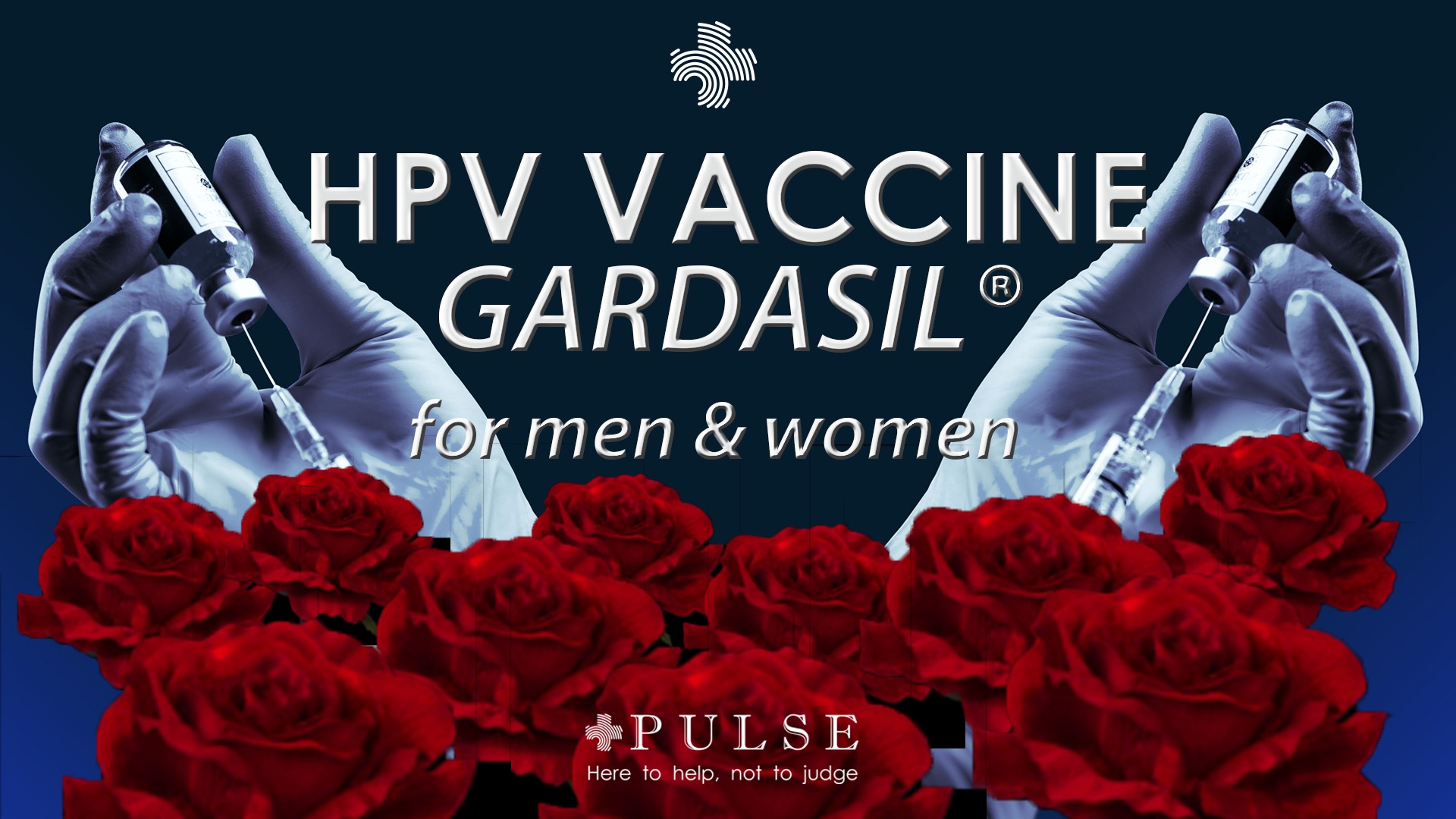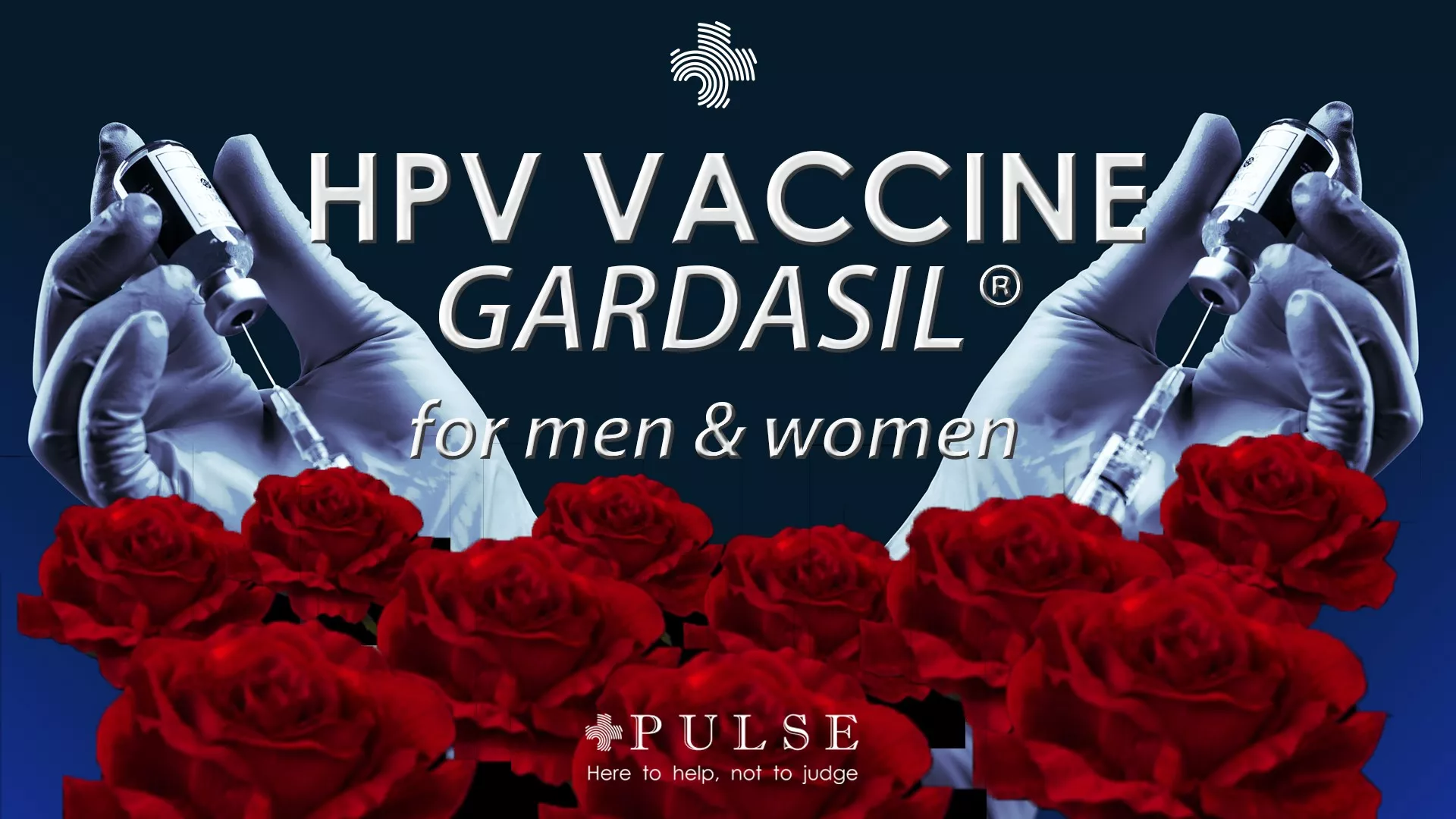HPV and Oral Sex: Transmission and Protection
840
Learn how HPV transmits through oral sex, its link to oral cancers, and how to protect yourself with vaccination, condoms, and regular screenings.

HPV and Oral Sex: Transmission and Protection
What is Human Papillomavirus (HPV)?
Human papillomavirus (HPV) is the most common sexually transmitted infection (STI) worldwide, with over 200 different types. While many people associate HPV with genital warts or cervical cancer, it can also affect other parts of the body, including the mouth and throat. One of the primary ways HPV is transmitted is through sexual contact, including oral sex. Understanding how HPV is spread through oral sex, as well as the steps you can take to protect yourself, is essential for maintaining sexual health.
How HPV is Transmitted Through Oral Sex
HPV can be transmitted through direct skin-to-skin contact, and oral sex is no exception. The virus can be passed on when a person with HPV comes into contact with their partner’s mouth, throat, or genital area during oral sex. Oral HPV infections are most commonly linked to strains of the virus that cause throat, mouth, and tonsil cancers. While not everyone who contracts oral HPV will develop these cancers, the risk increases with the presence of high-risk HPV strains, such as HPV types 16 and 18.
It's important to note that HPV can be transmitted even if an infected person has no visible warts or symptoms. Most people with HPV don’t experience any noticeable signs or symptoms and may unknowingly pass the virus on to their partners. This makes oral sex a potential but often overlooked route of transmission.
The Link Between HPV and Throat Cancer
Oral HPV infections, particularly those caused by high-risk strains, can lead to oropharyngeal cancers—cancers that affect the throat, tonsils, and the base of the tongue. These cancers are becoming more common, especially among men. The risk of developing these cancers increases with factors like multiple sexual partners, smoking, or a weakened immune system.
However, it is important to note that the vast majority of people who contract oral HPV will not develop cancer. For most people, the immune system clears the virus naturally, typically within a couple of years. However, in some cases, persistent infection with high-risk strains can lead to cellular changes that result in cancer.
Book your appointment to get tested & to get HPV vaccination now!
For any inquiries about getting HPV vaccines at PULSE Clinic, please contact info.bkk@pulse-clinic.com or any of the following platforms
![]() +66 65 237 1936
+66 65 237 1936  @PULSEClinic
@PULSEClinic ![]() PulseClinic
PulseClinic
Add us on Line and stay in touch.
Protect Yourself from HPV Transmission During Oral Sex
While the risk of getting HPV through oral sex exists, there are several effective ways to reduce the chance of transmission:
1. HPV Vaccination The most effective way to protect yourself from HPV is through vaccination. The HPV vaccine (Gardasil 9) offers protection against the strains of the virus that cause most cervical, anal, and oral cancers. It is recommended for both boys and girls starting at age 11 or 12, but the vaccine can also be given to adults up to age 45, depending on risk factors. The vaccine is most effective when given before any sexual activity. However, it still offers protection to individuals who are already sexually active or have been exposed to certain HPV strains.
HPV VACCINE (Gardasil®) AT PULSE CLINIC
| HPV Vaccine 9 Types (Gardasil 9) | Dosage | Price |
| 1 Single Dose | 9400 THB | |
| A Complete Course of 3 Doses | 28200 THB 26000 THB |
| HPV Vaccine 4 Types (Gardasil 4) | Dosage | Price |
| 1 Single Dose | 3600 THB | |
| A Complete Course of 3 Doses | 10800 THB 10000 THB |
2. Condoms and Dental Dams Using condoms during oral sex can significantly reduce the risk of transmitting HPV and other STIs. Condoms can protect the mouth, throat, and genital areas from direct contact with the virus. Similarly, dental dams—latex or polyurethane sheets—can be used during oral-vaginal or oral-anal contact to reduce the risk of HPV transmission. While these methods do not offer 100% protection, they significantly lower the chances of getting HPV.
3. Limiting Sexual Partners Reducing the number of sexual partners you have can lower your exposure to HPV and other STIs. Having fewer partners decreases the likelihood of encountering someone who carries the virus. However, this strategy is not foolproof, as HPV can be transmitted by someone unaware they are infected.
4. Regular Health Screenings Regular screenings, such as Pap smears and HPV tests for women, can help detect early signs of HPV-related changes in the cervix and prevent the development of cervical cancer. For men, while there is currently no routine HPV screening, seeing a healthcare provider for regular check-ups can help address any symptoms of oral or throat cancer.
PULSE’s PCR Multiplex DNA Test for 28 Infections
Our STD PCR Multiplex test represents the most advanced technology available for detecting multiple infections in a single test. This comprehensive test covers 28 different infections across various locations, including common sexually transmitted diseases such as Gonorrhea, Chlamydia, Syphilis, and Herpes Simplex (types 1 and 2), as well as other infections like Trichomonas and several strains of Candida.
The STD PCR Multiplex can identify infections in multiple anatomical areas, including the throat and oral cavity, male and female urethra, anorectal region, vagina and cervix, sperm, and skin lesions. Depending on your situation, specific testing options are available. For infections in the urethra and urinary tract, the Urine PCR for 28 infections is recommended. If you've had oral sex and want to check for throat infections, the Throat Swab PCR for 28 infections is the appropriate choice, with assistance from our staff.
For females who engage in anal sex without protection, as well as men who have sex with men, the Anal Swab PCR for 28 infections is suggested, also with staff assistance. Lastly, females who have vaginal sex should opt for the Vaginal Swab PCR for 28 infections, where our staff will guide the process.
| PCR for 28 Infections (STD Multiplex) | Online results | |||
| Same day** | Next day | 3 days | 7 days | |
| Throat | 14,000 THB | 11,600 THB | 10,480 THB | 9,200 THB |
| Urine | 14,000 THB | 11,600 THB | 10,480 THB | 9,200 THB |
| Anal Swab | 14,000 THB | 11,600 THB | 10,480 THB | 9,200 THB |
| Vaginal Swab | 14,000 THB | 11,600 THB | 10,480 THB | 9,200 THB |
| Cervical Swab | 14,000 THB | 11,600 THB | 10,480 THB | 9,200 THB |
| Sperm | 14,800 THB | 12,640 THB | 11,600 THB | 10,080 THB |
| Skin Lesion Swab | 14,000 THB | 11,600 THB | 10,480 THB | 9,200 THB |
| Pooling | 15,600 THB | 13,280 THB | 12,400 THB | 10,800 THB |
| PCR for 2 Infections (Gonorrhea/Chlamydia) | Same day | Next day | 3 days | 7 days |
| Throat | 5,690 THB | 4,990 THB | 3,990 THB | 3,300 THB |
| Urine | 5,690 THB | 4,990 THB | 3,990 THB | 3,300 THB |
| Vaginal and Cervical Swab | 5,690 THB | 4,990 THB | 3,990 THB | 3,300 THB |
| Rectal Swab | 5,690 THB | 4,990 THB | 3,990 THB | 3,300 THB |
| Sperm* | 6,200 THB | 5,150 THB | 4,100 THB | 3,690 THB |
| Skin lesion Swab | 5,690 THB | 4,990 THB | 3,990 THB | 3,300 THB |
5. Avoid Smoking and Excessive Alcohol Use Smoking and excessive alcohol consumption have been shown to increase the risk of developing HPV-related oral cancers. By avoiding these habits, you can reduce the likelihood of an oral HPV infection leading to cancer.
The Bottom Line
HPV is a common virus that can be transmitted through oral sex, potentially leading to oral and throat cancers, among other health problems. The good news is that the HPV vaccine offers a powerful means of protection against the virus, and using protection during oral sex can also help reduce the risk. While the immune system clears the majority of oral HPV infections without causing any long-term health issues, taking steps to protect yourself and getting regular screenings are crucial for maintaining overall sexual health. Understanding HPV’s potential risks and taking preventative measures can help ensure a healthier, safer sexual life for you and your partners.
Book your appointment to get tested & to get HPV vaccination now!
For any inquiries about getting HPV vaccines at PULSE Clinic, please contact info.bkk@pulse-clinic.com or any of the following platforms
![]() +66 65 237 1936
+66 65 237 1936  @PULSEClinic
@PULSEClinic ![]() PulseClinic
PulseClinic
Add us on Line and stay in touch.
Loading...
Clinic Locations
Loading...







